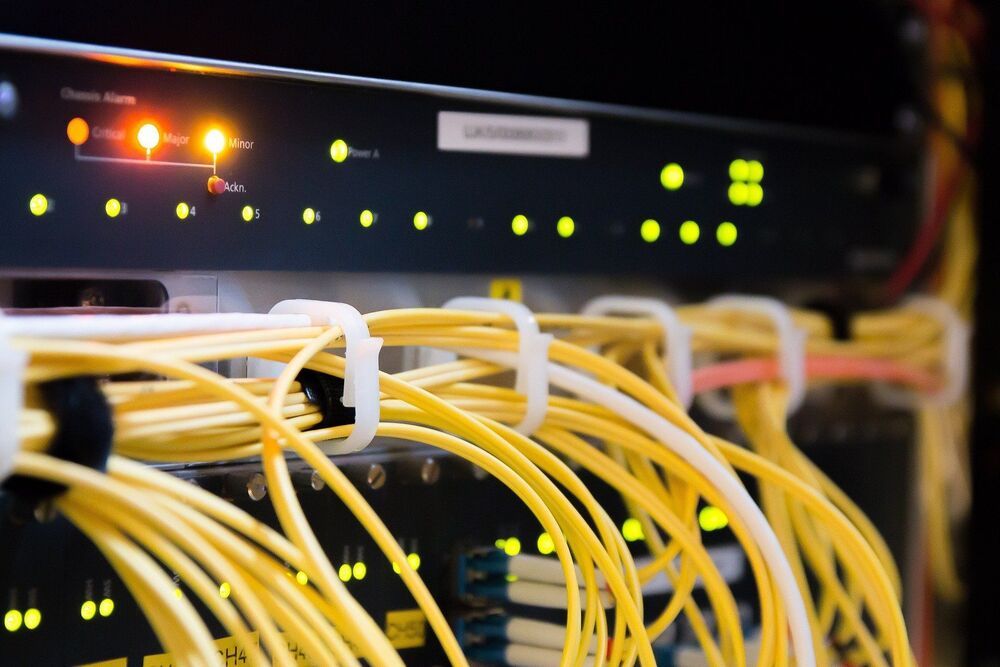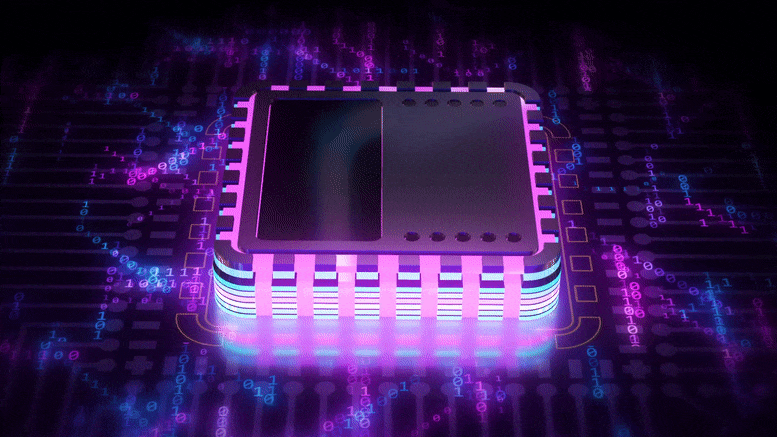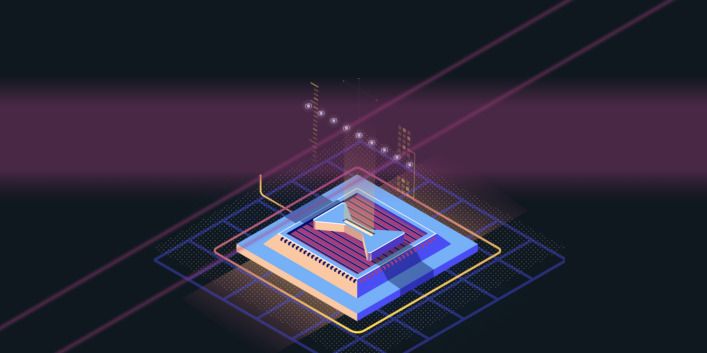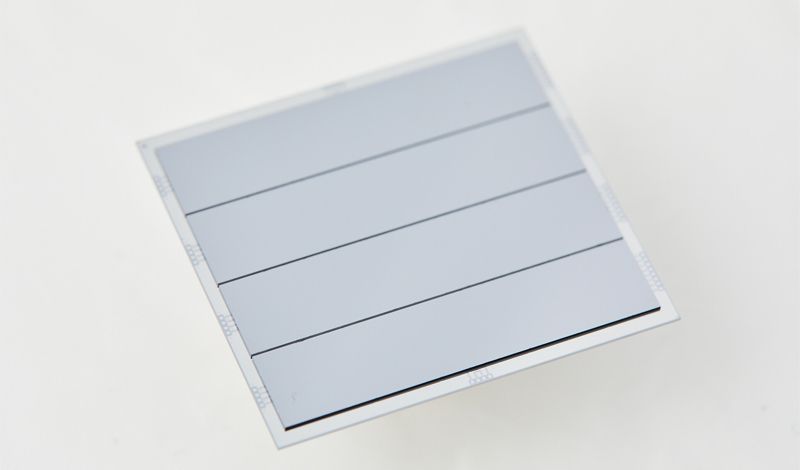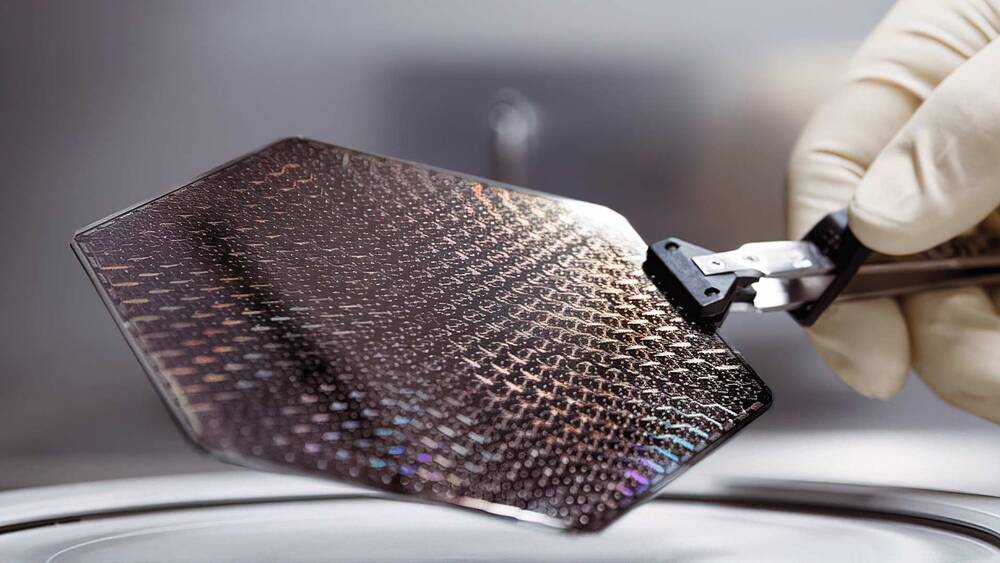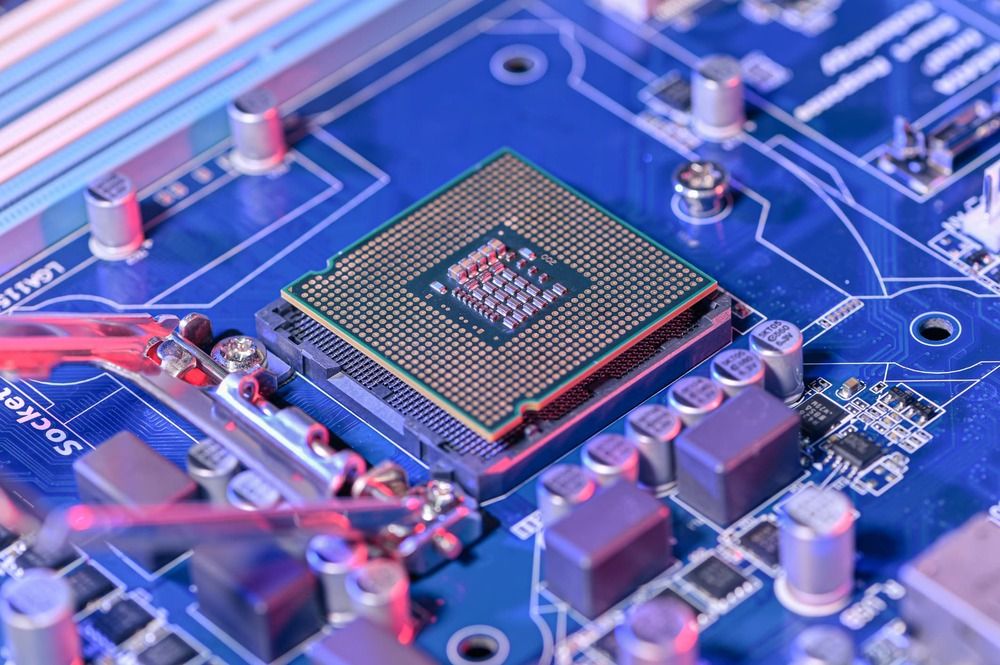The big picture: Japan’s share of global semiconductor sales has gone from 50 percent in 1988 to less than 10 percent today. The country has more chip factories than any other country — 84 to be exact — but only a few of them use advanced sub-10nm process nodes. This is why the country is scrambling to reignite its semiconductor industry, even if it comes at an incredibly high cost over the next decade.
The ongoing chip shortage has affected everything from LCD displays to graphics cards, game consoles, TVs, and even automakers. For consumers, this has created a hostile buying environment in some instances, while some governments have become acutely aware of the fragility of the global tech supply chain.
In the US, the Biden administration is trying to fix the situation by committing $52 billion towards boosting the local semiconductor industry, heeding the call of the Silicon Industry Association but at the same time falling short of the $100 billion that China is pouring into government subsidies for semiconductor companies.
